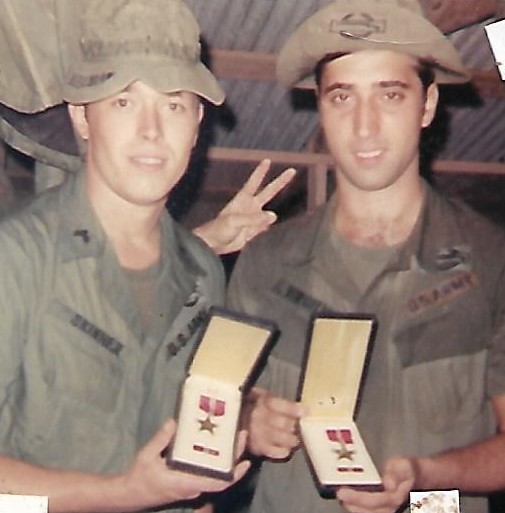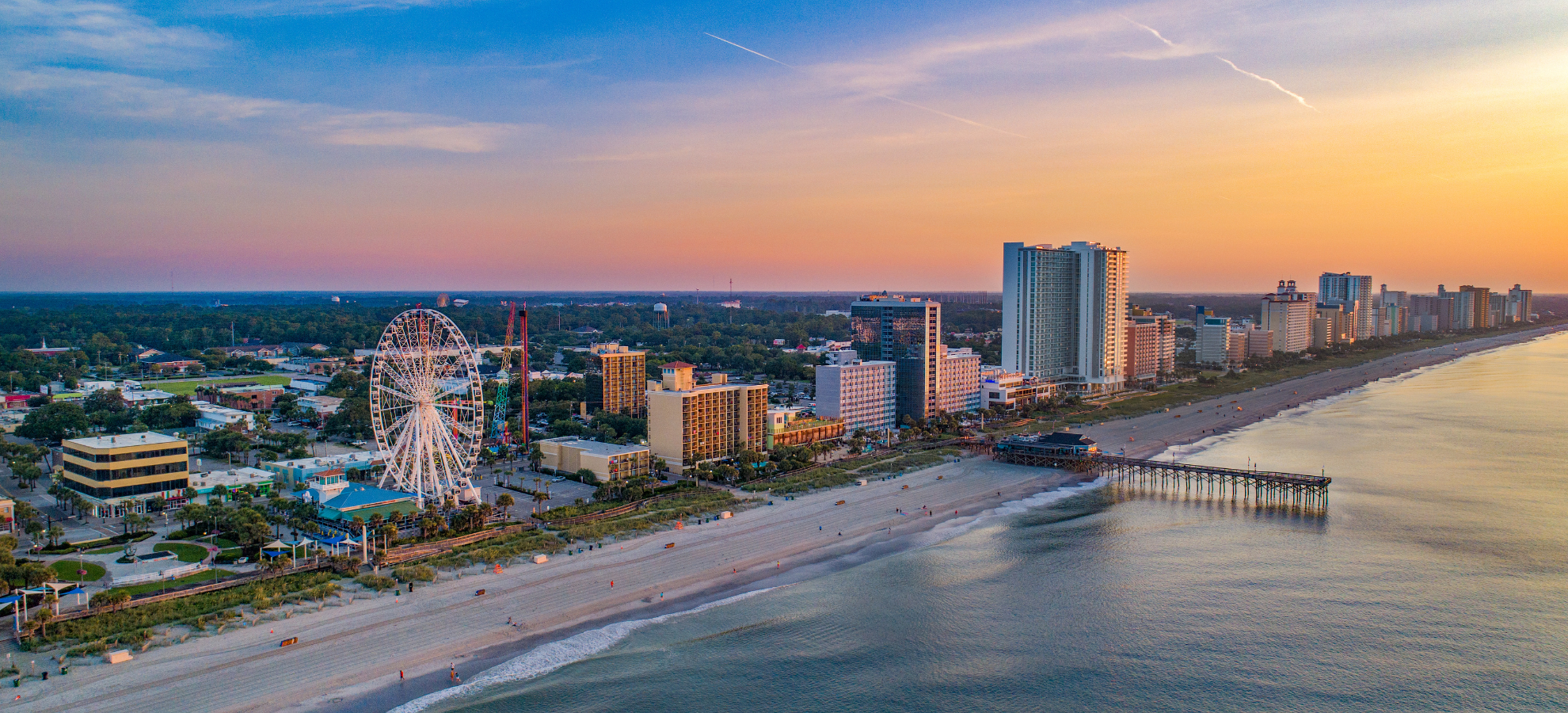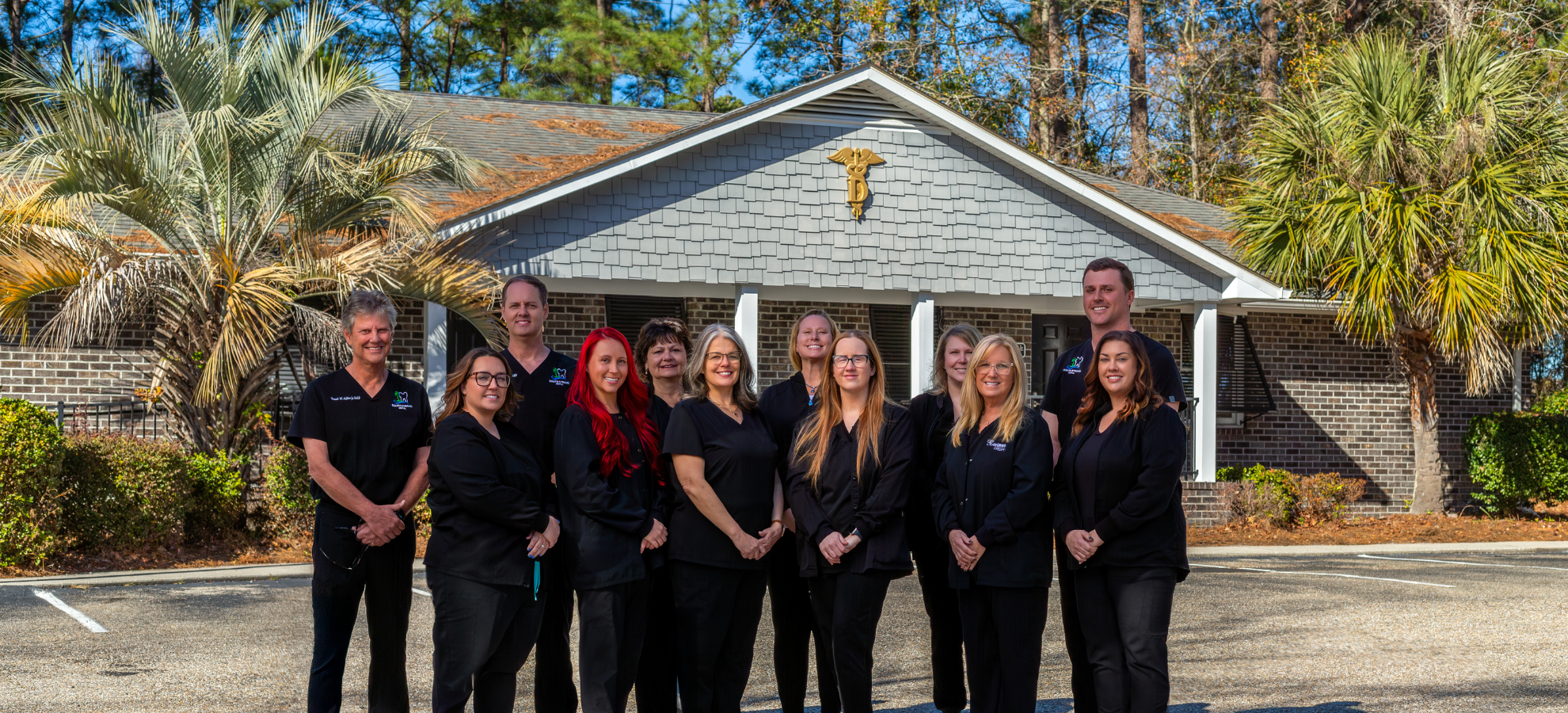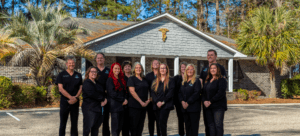Battle of Ripcord Veteran, Bronze Star Medal Recipient
Celebrate Our Veteran gives voice to the stories of the U.S. military veterans living amongst us. The actions of these brave and dedicated people, who have served our country both in active military duty as well as administrative positions, have and continue to contribute to the protection and preservation of us and our country.
We hope that this section of our paper is an opportunity for our community to hear and see veterans with new eyes, and for veterans to receive recognition and honor for their experiences and life journeys.
This month’s Celebrate Our Veteran recounts the story of Ron Virgilio, as told in his own words.
by Melissa LaScaleia
“I was born in 1947, and grew up in Elizabeth, NJ, until my family moved to Middlesex. I played a lot of baseball growing up. In Elizabeth, we played stick ball in the streets. That was big in NYC and most of the northeastern towns in America.
I got a scholarship to play baseball in college, and attended Hiram Scott College in Scottsbluff, Nebraska, where I played on the varsity team for two years. It was in the western part of the state close to Wyoming. Then they cut my scholarship in half, and I was contemplating if I should switch schools. I had heard of a different school that was excellent with baseball.
It was a new school that was about seven years old, and the only reason they didn’t receive a national accreditation with sports was because they weren’t accredited academically yet. I came home in the summer of 1968 trying to make some decisions about my life, and in August I got my draft notice for the military.
So I changed courses completely, and reported to Fort Dix in New Jersey for basic training. After eight weeks of that, they sent me to advanced infantry training, so I went to Fort Ord in Monterey, California.
By January 1970, I got my orders to go to Vietnam. I was stationed in Oakland, California at the time. To get to Vietnam, we took a bus over the Golden Gate Bridge and flew to Anchorage, Alaska. From there we flew to Japan, Manila, and then to Bien Hoa Airforce Base, Vietnam. hat’s where most people either were flying into or leaving after a tour of duty.
I was picked to go with the 101st Airborne Division— Camp Evans, an assignment that sent me as far north as you could go for that division. It was located just outside of the old imperial capital of Vietnam, a city called Hue— before Saigon became the capital. So I got on a cattle truck and went up there.
The landscape was all mountains. I had arrived at the start of monsoon season, and it rained almost every day. So for the first few months I fought the Viet Cong in the lowlands until the better weather came. The Viet Cong were regular villagers, not part of the army, but they had sided with the North Vietnamese because they were stronger.
Because they couldn’t match our strength during the daylight hours, they would come out of the villages at night and set up boobie traps and try to ambush us, then run back to the villages. It was impossible to differentiate them from the villagers we saw in the daylight hours. They were basically on their own fighting us, doing anything they could to stop us from advancing.
By the end of March, early April, we would start going up into the mountains. That’s when we started having fire fights and mortars shot at us.
I was in Delta company, a point man, which meant I was out in front of my squad leading them. You just had an instinct to know what to look for. The North Vietnamese didn’t set up too many boobie traps. They would try to get us with mortar fire. They would always try to have the high ground so they couldn’t be taken advantage of.
From April of that year onwards, that’s when most of the big action took place. It was warm everyday and there were trails. From time to time, we’d have to blaze our own trails, cutting a path through the elephant grass before us with machetes, walking through pretty heavy streams. Jungle grass was the worst because it was like little razor blades that would slice you. The entire time we were on a mission— called search and destroy.
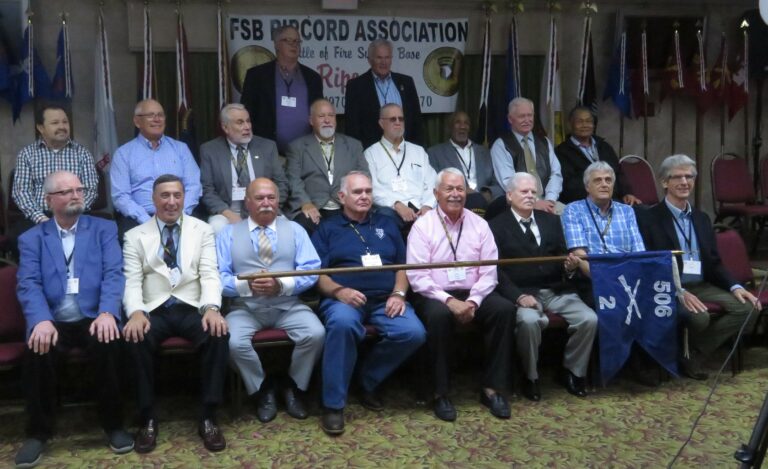
We’d always spend the night or set up a position on a firebase, because that’s where the heavy artillery was for protection. At night the North Vietnamese would send out sappers as they were called— people who would sneak in and try to kill you. They were pretty good at getting through the concertina wire— that round spiral wire that will cut you to pieces if you aren’t paying attention— so we always had to be on our toes. But the Vietnamese were trained to be very quiet and stealthy. A lot of people forget that not too many years before Vietnam they were fighting the French for their independence.
On April 8, they were shooting rockets at us, and they happened to hit our position. One person got killed; I was wounded with shrapnel. They called in the medic via helicopter, and let down a basket to draw up the worst of the wounded. If you’re less wounded, they bring you up in a device called a jungle penetrator, which has four seats on it to strap yourself into.
I was in the jungle penetrator with my best friend. But as they tried to real us up, the cable got stuck. We were exposed to enemy fire hanging there, so they flew all the way to 3,000 feet so we’d be out of range. We were hanging by this cable, and it was the scariest thing I’d been through all year. They flew with us like that to the next firebase where they could fix the problem in safety. Then they flew us to the hospital at Camp Evans.
I was operated on, healed for a few weeks, and then they sent me right back out into the mountains.
That was when the heaviest fighting happened. During one of our biggest fights, a medic came out to help the wounded, and the helicopter was shot down by a rocket grenade and flipped over on its side.
I ran out from the safety of my position to the landing zone to help the two guys who were still strapped into the helicopter. My captain started yelling at me to stop and get away from them because we were exposed to the enemy, and he was worried they would shoot more rocket grenades and that we would all be killed.
I finally listened and retreated. My captain called in military support from Denang, and they arrived in about five minutes, shooting fire rockets and routing the North Vietnamese from the area so we could go in and rescue the men. So the enemy wouldn’t take the parts from the copter to use against us, we would always go in and blow up the helicopter.
For the risks I took during that time I was awarded a Bronze Star Medal with a “V” for Valor.
Things like this happened pretty much every day during those months. While I was there, there were only one or two times I had any real fear. I was just concentrating so much on being alive and getting out of whatever kind of fight I was in with the enemy, I didn’t really have time to be scared.
The Battle of Ripcord lasted 2-3 months; it was one of the biggest battles of Vietnam. Our entire company was there at Firebase Ripcord. We were in the rear when we were called in for a night rescue because Alpha company was completely overrun.
Given the numbers, it was a very dangerous mission. We went out, but couldn’t get to them. So the next day, with added support, we came in. That was probably one of the saddest days I have ever seen. There were 12-15 Americans from Alpha company that were dead.
Over the next few months was when our side really started scaling down the number of troops we had in the country. But 1970 was still a very decisive year for fighting. We lost anywhere from 200-500 GIs per week throughout all of Vietnam. Whether it was from accidents or ambushes— not all the deaths were from battles.
I stayed in the mountains until November. We had a new captain by now. One day we were on a landing zone, waiting to be helicoptered out. And we were getting shot at. My instinct was to go down the mountain on the other side of where we were being shot.
I looked around, and to my surprise, my captain had followed me. He told me— ‘you’ve been here the longest of anyone, and I know you have good instincts so I was going to follow you wherever you went.’ About a week later, I got asked if I wanted to be a sergeant, but I declined.
A helicopter with supplies would come in every three days. The next time one came, my captain told me that it was time for me to get on it. I was surprised because I still had a month of service left. I went back to Camp Evans where I was on guard duty for a week. Then President Nixon declared that anyone with a month or less term to go could leave Vietnam.
So I left December 6, 1970; I was there eleven months. I was fortunate that I never missed any Christmases during my time in the military.
It’s hard to paint a picture of something that we saw every day. We’d see boa constrictors in the trees, all kinds of snakes, elephants, and monkeys. I would hear tigers roaring in the valley below us. If you walked though the water, you would get leeches on you. And you could hear the mosquitoes from 10 feet above us. A lot happens in one year. I was fortunate just to come back in a whole piece.
Afterwards, I could have gone back to college for free, but I had no desire to do that. About two-and-a-half years after I returned, I met my future wife. We got married in 1974 and lived in New Jersey.
I joined the Disabled American Veterans and the Military Order of the Purple Heart, which was established by George Washington.
After I retired to Myrtle Beach, my wife found the Firebase Ripcord Association online. I decided to go and meet the men I hadn’t seen in forty years. That was where I met Frank Marshall.”
In May, Ron Virgilio was awarded a Quilt of Valor at the Conway Museum in downtown Conway, in recognition of his service.




